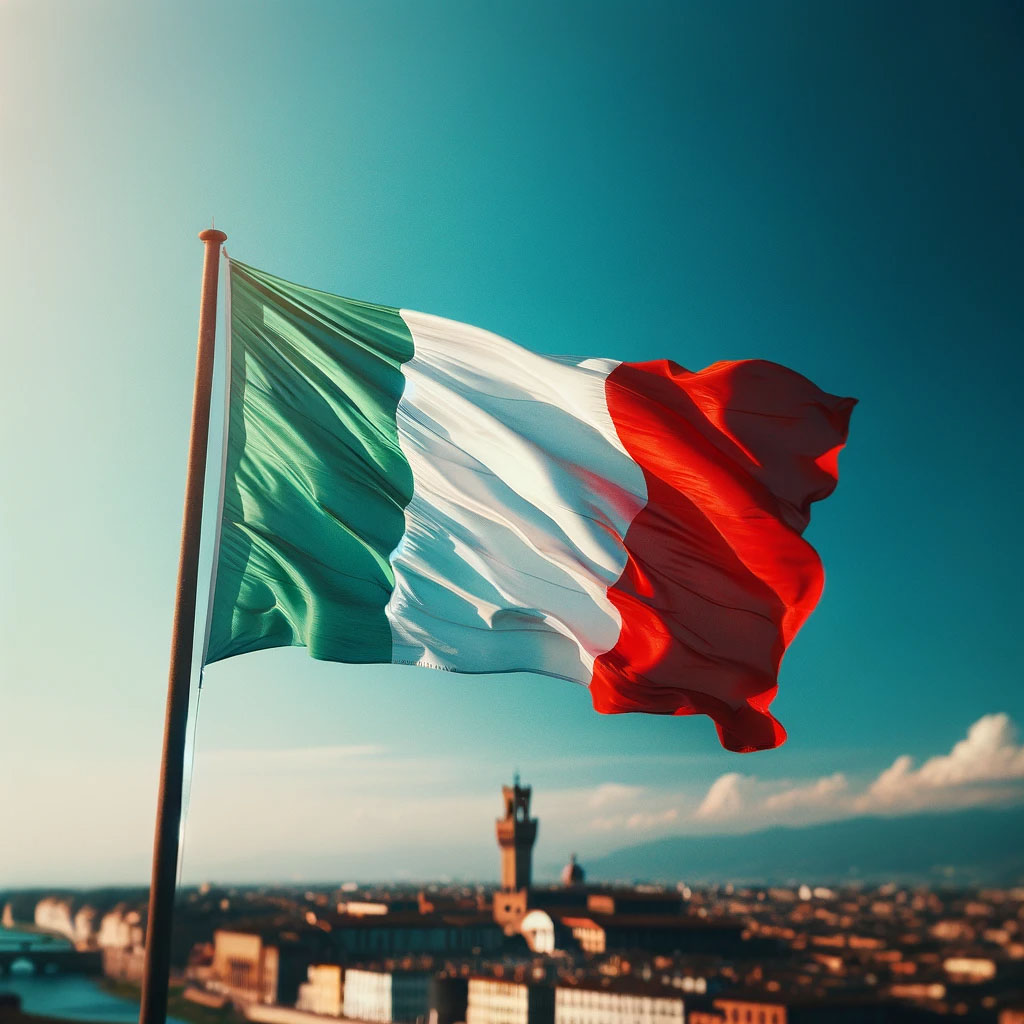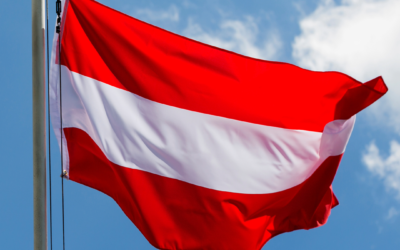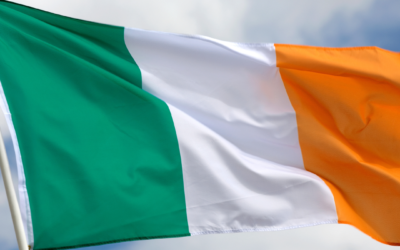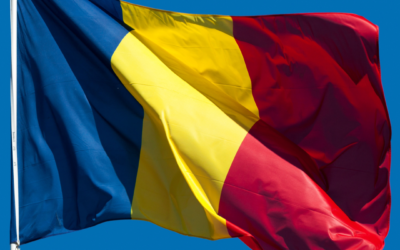Package labeling in Italy: A extensive guide

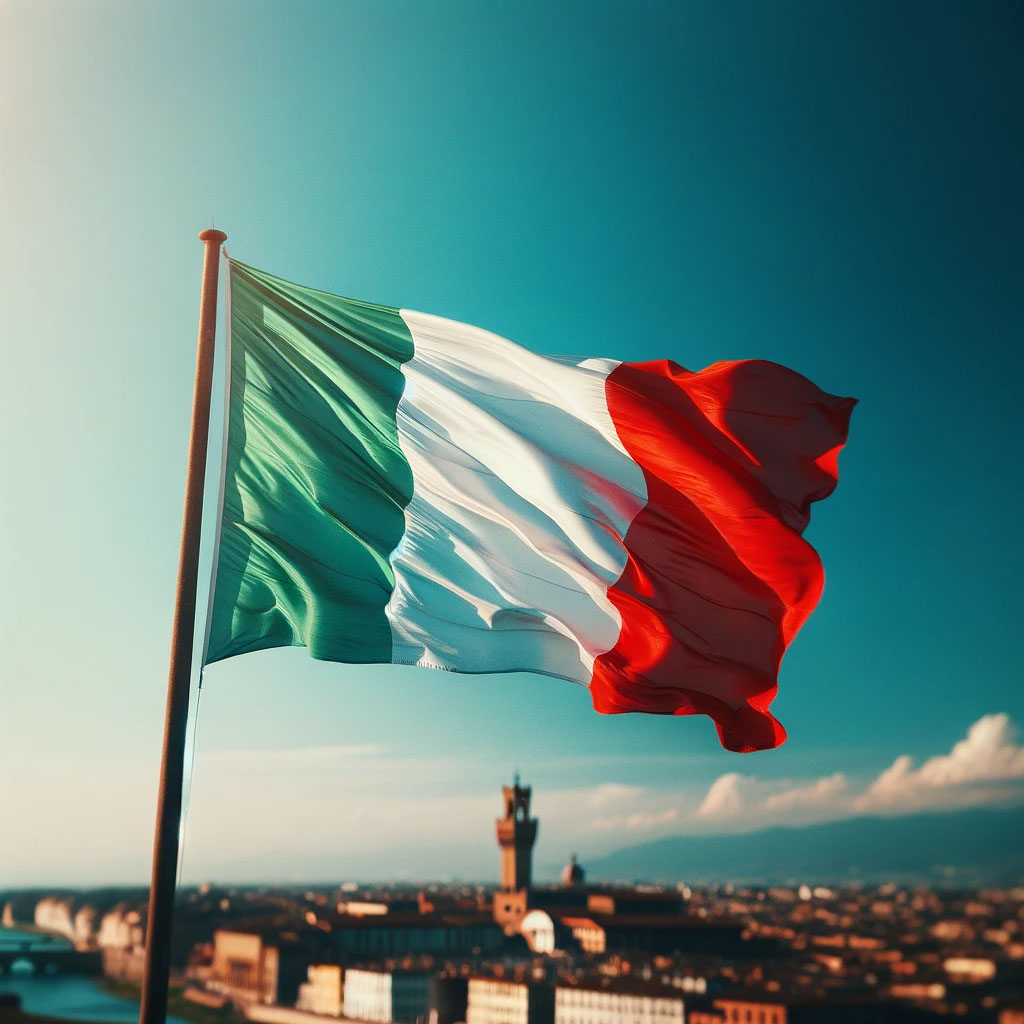

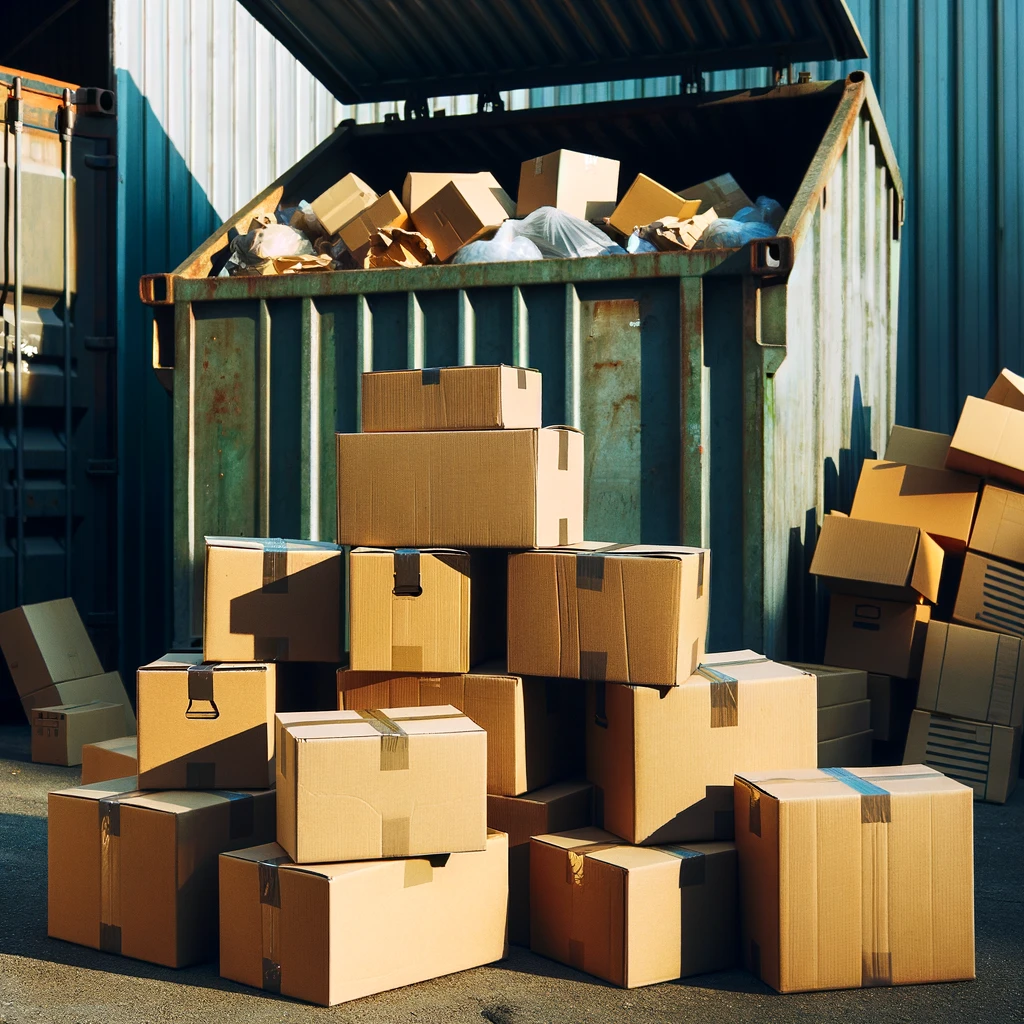
Anyone shipping goods to Italy should definitely observe the labelling regulations there.
In contrast to Germany, where the Packaging Act (VerpackG) governs the handling of packaging materials, other European countries such as France and Italy have their own laws. In addition to the licensing of packaging, these often also require specific labelling tailored to the country in question.
Context of the labeling requirement in Italy
The labelling requirements in Italy are defined by Decree 116/2020. Since 1 January 2022, online retailers have been obliged to label product, shipping and transport packaging in Italy to ensure that it can be subjected to an efficient recycling process. In the Italian Packaging Act, these regulations consist of both mandatory requirements and voluntary recommendations.
The aim of the regulations is to ensure that recyclable packaging generated by Italian end consumers can be easily distinguished from other types of packaging. This enables consumers to dispose of it properly and thus promotes the recycling process. At the heart of the law is the endeavour to increase resource protection and improve the circular economy. In this way, Italy is contributing to more sustainable practices and the responsible use of packaging materials.
Requirements for the labeling of packaging
The regulations for different types of packaging have specific requirements in some cases. It is crucial to label packaging with easily recognisable disposal instructions for consumers. According to Directive 97/192/EC, the composition of the packaging materials must be indicated by an alphanumeric code. For this purpose, each component of the packaging must be labelled with a corresponding code and clearly visible disposal instructions. The consumer information should also be written in easily understandable Italian. In some cases, the required information on composition and correct disposal can also be provided via QR codes or websites. This enables flexible and modern implementation of the labelling requirements.
In order to facilitate the practical implementation of these regulations, the national packaging consortium CONAI has published a guide to the decree. For detailed steps and further information on the obligations in Italy, you can find the guide here.
The obligations at a glance:
- Labelling of packaging for private end users: Packaging that is disposed of by private end users must be clearly labelled with a clear disposal notice.
- Alphanumeric code according to 97/192/EC for packaging materials: The composition of the packaging materials is indicated by an alphanumeric code in accordance with Directive 97/192/EC.
- Comprehensible information in Italian: The information provided should be written in easily understandable Italian to ensure clear communication with consumers.
- Recommendation for individual labelling of material components: It is recommended that each individual material component of the packaging is labelled with its corresponding material code and disposal instruction.
- Freedom of graphic design in Italian: There are no precise specifications for the graphic design of the information, except that it must be written in Italian.
- Information via QR codes or websites: In some cases, information on composition and correct disposal can also be provided via QR codes or on websites.

LIZENZERO.EU makes packaging compliance in Europe very easy.
Do you ship your products to different countries in the EU? Many different legal requirements and obligations can make the whole thing quite complicated – but don’t worry, we’ll do it for you. How do we do it? With our licensing service, we take over all obligations for you by power of attorney. Sounds good? We’ll be happy to advise you.
For shipping to Germany, you can easily fulfill your packaging obligations yourself via Lizenzero.de.
Mandatory deposit from 2025 in Austria: everything you need to know about your beverage packaging
From 1 January 2025, a nationwide deposit system for single-use beverage packaging such as plastic bottles and cans will be introduced in Austria. The reason for the introduction is to increase recycling rates, reduce waste and protect the environment in Austria. However, this change in the law also brings new obligations and challenges for retailers and manufacturers who deliver to Austria. In this article, we will inform you about everything you need to know about the upcoming deposit system, the legal framework and how you as a company can best respond to it.
Compliance in Ireland: How to fulfil your EPR obligations
Ireland uses the extended producer responsibility (EPR) model to manage various waste streams and has introduced six EPR programmes. This means that manufacturers bear the costs for the collection and environmentally sound disposal of their products. There are specific targets for each of the six programmes. Companies operating in Ireland or planning to expand into the Irish market are obliged to fulfil the legal requirements and thus contribute to sustainable waste management in Ireland.
Labelling requirements and co. in Romania: Your EPR obligations at a glance
Are you shipping goods to Romania? Then you should definitely familiarise yourself with the local regulations regarding your packaging. As in other EU countries, various obligations apply to you as a distributor in Romania in terms of extended producer responsibility (EPR). The EPR stipulates that manufacturers, importers and companies are responsible for the entire life cycle of their products. This also includes the disposal and recycling of packaging. In this blog post, we explain which obligations apply in Romania and how your packaging must be labelled there.

